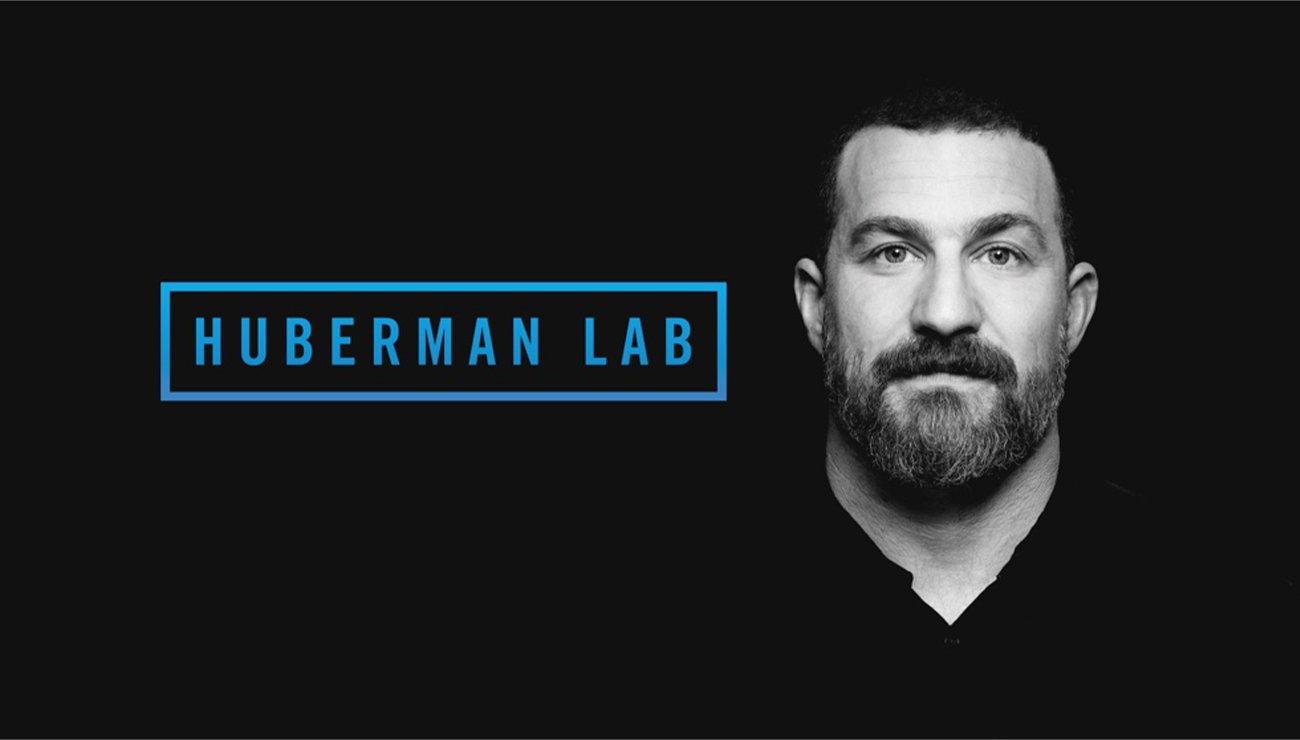
Huberman Lab
The Huberman Lab podcast is hosted by Andrew Huberman, Ph.D., a neuroscientist and tenured professor...

Huberman Lab
The Huberman Lab podcast is hosted by Andrew Huberman, Ph.D., a neuroscientist and tenured professor in the department o...
Categories:
healthsciencefitness
343
Episodes
🎬 343 Episodes
...